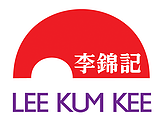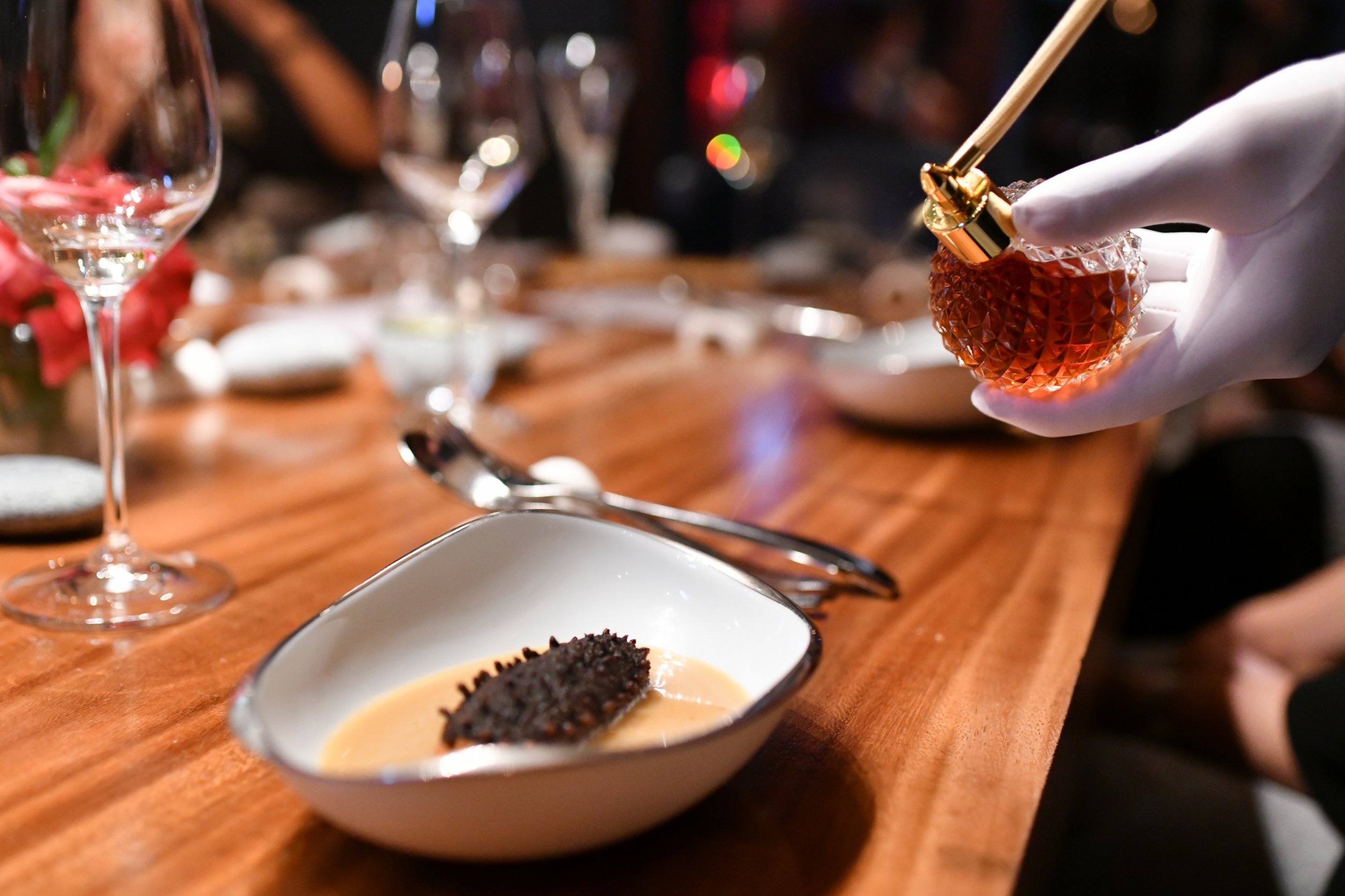|
CHEFS INSPIRATION
Chefs Inspiration
|
|
RECIPES
Lee Kum Kee Recipes by:
Gluten Free Oyster Sauce
Premium Light Soy Sauce
Premium Dark Soy Sauce
Hoisin Sauce
Black Bean Sauce
Teriyaki Sauce
Peking Style Sauce
Thai Sweet Chilli Sauce
Cantonese Sweet Chilli Sauce
Chilli Garlic Paste
Sweet and Sour Sauce
Plum Sauce
Vegetarian Stir-fry Sauce (with Shiitake Mushroom)
Chow Mein Stir-fry Sauce
Chinese Style Honey BBQ Marinade (Char Siu Sauce)
VIEW ALL RECIPES
|
SAUCES
Discover Our Range
Lee Kum Kee is the quality Chinese sauce brand globally represented in over a hundred countries and carried by key supermarket chains and the ethnic trade. It is widely used by both consumers and professional chefs, including Michelin starred restaurants.
- Authentic classic Chinese sauces from the
leading Chinese sauce brand - Rich and concentrated flavour profiles
- Approximately 50-100 portions per bottle
- Packed in convenient, easy-to-handle plastic bottles
- For both Modern/ Fusion style and authentic Chinese cooking
- Multi-usage sauces
Lee Kum Kee Sauces
Gluten Free Oyster Sauce
Premium Light Soy Sauce
Premium Dark Soy Sauce
Hoisin Sauce
Black Bean Sauce
Teriyaki Sauce
Peking Style Sauce
Thai Sweet Chilli Sauce
Cantonese Sweet Chilli Sauce
Chilli Garlic Paste
Sweet and Sour Sauce
Plum Sauce
Vegetarian Stir-fry Sauce (with Shiitake Mushroom)
Chow Mein Stir-fry Sauce
Chinese Style Honey BBQ Marinade (Char Siu Sauce)
VIEW ALL SAUCES
|
|
|

